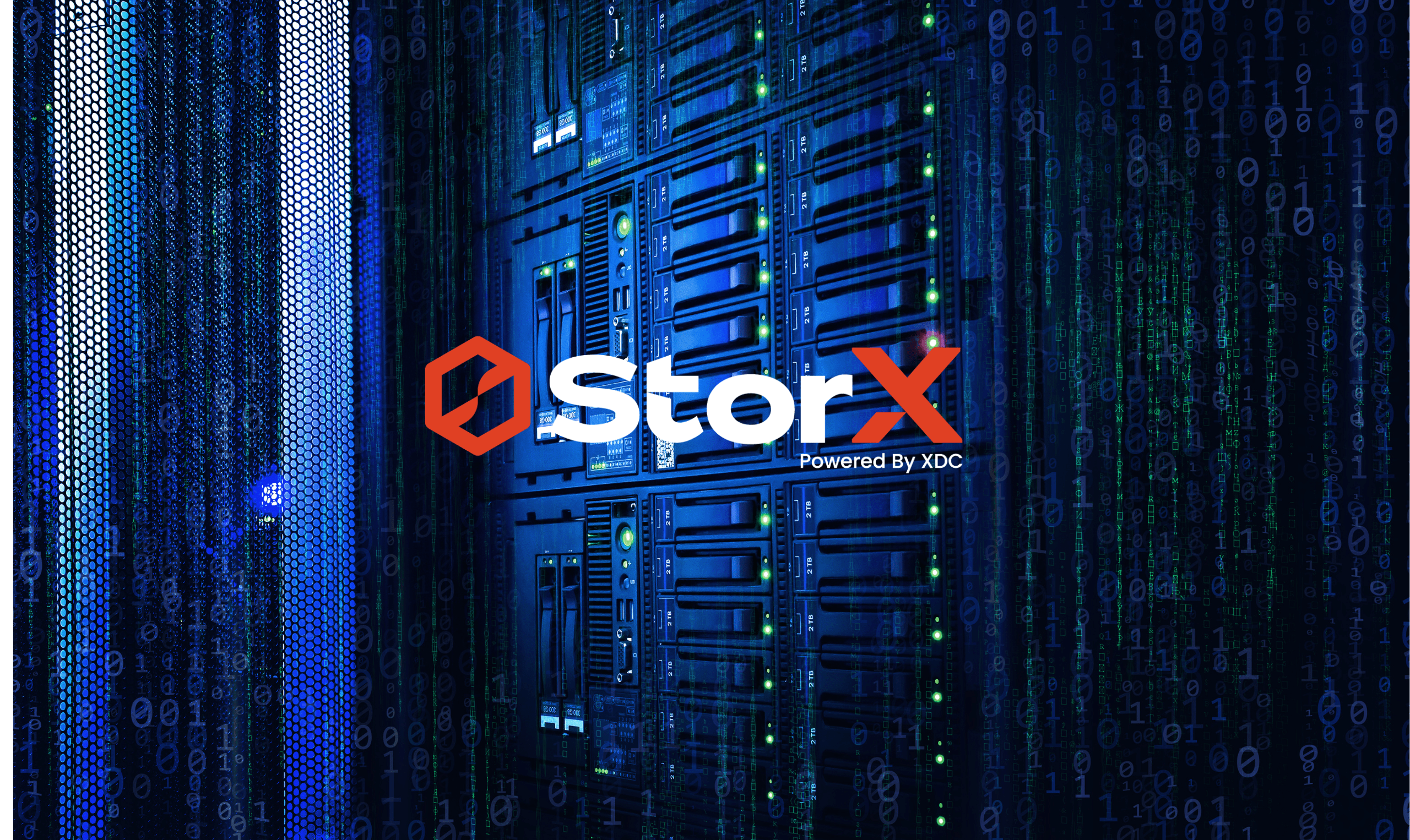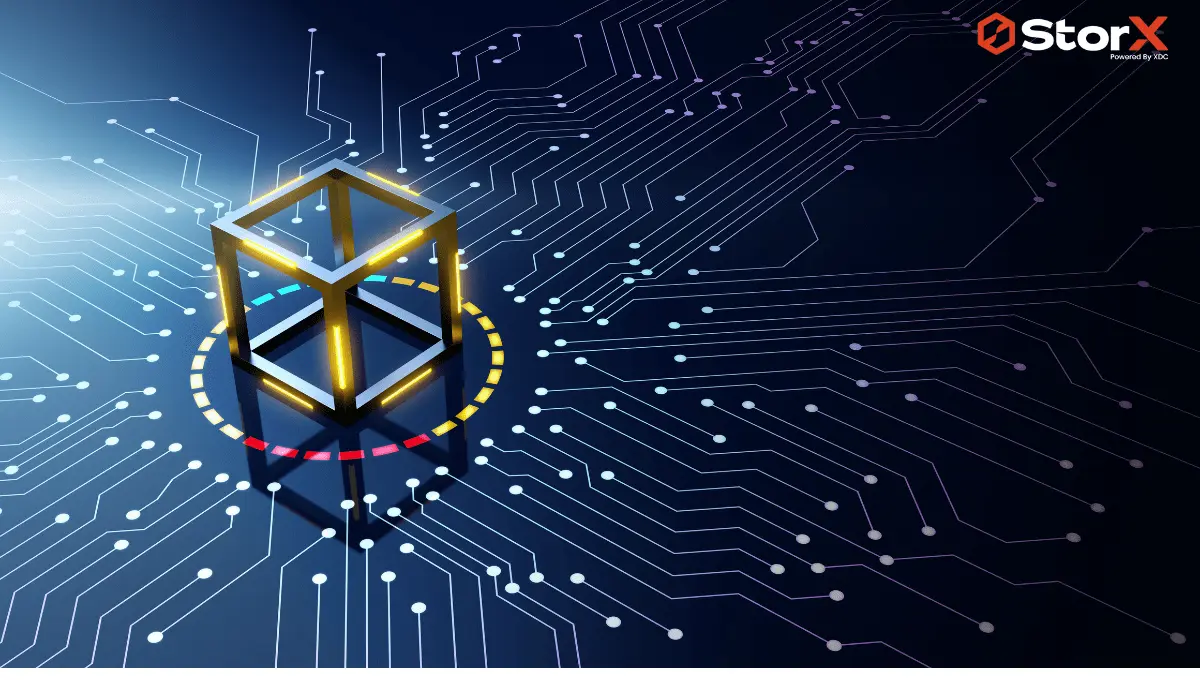Cryptocurrency Understanding the Digital Revolution
Cryptocurrency has revolutionized finance with secure, low-cost transactions and new investment opportunities. By leveraging blockchain technology, cryptocurrencies ensure transparent and tamper-proof transactions, paving the way for innovations like smart contracts and decentralized applications. However, users must navigate challenges like volatility and regulatory uncertainties. As the integration with traditional finance deepens, the global economy stands to benefit from increased financial inclusion and reduced transaction costs. Discover the future of secure, decentralized digital storage with StorX.tech, ensuring your data’s safety with cutting-edge blockchain technology.
No other industry has experienced a bigger transformation than that brought about by cryptocurrency. Cryptocurrencies are digital currencies that use cryptographic encryption to provide decentralized financial (DeFi) solutions. Understanding cryptocurrencies is critical in this fast-changing digital world.
How Cryptocurrency Works
The ledger used by Cryptocurrency runs on blockchain technology, which is distributed and secure. Its decentralization implies that no single authority controls the whole network, making it censorship-resistant and fraud-proof. Blockchain’s embedded crypto-security ensures protected and untameable transactions.
Types of Cryptocurrencies
Bitcoin
Bitcoin is still the most famous cryptocurrency, being the first one developed. It introduced the idea of digital money and peer-to-peer transfers.
Altcoins (Ethereum, Ripple, Litecoin, etc.)
Other versions of Bitcoin exist, such as Ethereum, Ripple, or Litecoin, each offering different features and improvements over Bitcoin. For instance, the Ethereum network supports smart contracts and decentralized applications (DApps).
STABLECOINS
Stablecoins are digital money that try to reduce price volatility by linking the value of coins with assets like fiats or commodities. They help stabilize the otherwise unpredictable crypto market.
HOW TO GET CRYPTOCURRENCIES
Purchase on Exchanges
Cryptocurrency exchanges are websites where people buy, sell, and trade digital currencies. Some common exchanges include Coinbase, Binance, and Kraken.
Mining
Bitcoin mining involves using computational power to solve complicated mathematical problems and verify block transactions. It is a popular method for acquiring Bitcoins, even though it requires significant resources.
Earn through Staking or Services
Staking includes keeping cryptocurrencies in a wallet to support the network’s functioning and earn rewards. Services such as freelance work for cryptocurrency payments are another way of owning digital currencies.
CURRENCY USES OF CRYPTOCURRENCIES
Digital Transactions
They facilitate quick cross-border digital payments at small costs, making them suitable for global trade.
Investment
Numerous investors consider virtual currencies worthy investments that offer higher returns than conventional assets. The past decade has seen tremendous growth in digital asset investment.
Decentralized Applications (DApps)
They are applications running on decentralized networks such as Ethereum. They offer creative solutions to different sectors, from financial to gaming.
Benefits of Cryptocurrencies
Lower Transaction Fees
Cryptocurrency transactions usually have lower charges than traditional banking and remittance services, thus being cost-effective for users.
Accessibility and Inclusion
Cryptocurrencies provide financial services for the unbanked and underbanked populations through promoting financial inclusion and empowerment.
Security and Privacy
They offer advanced privacy and security via cryptographic encryption and blockchain-based security. Users remain in charge of their funds and transactions without depending on intermediaries.
Risks and Challenges of Cryptocurrencies
Volatility
This creates a significant risk for investors or users since cryptocurrency prices can be highly volatile. Cryptocurrency volatility has been a genuine concern among those who see them as potential stable assets.
Regulatory Issues
The adoption or utility of virtual currencies will depend on regulatory compliance with countries. Obscure regulations might slow the growth/merging of digital coins into the mainstream.
Security Issues (Hacking, Scams)
This does not mean that cryptocurrencies are entirely resistant to hacking and scams. To be secure, one must remain watchful and follow the best security measures for crypto wallets and transactions.
The Future of Cryptocurrencies
Trends and Predictions
Innovation in digital currency is likely due to the market’s growth and increased acceptance. Moreover, trends have shown greater integration with mainstream finance, and more uses are being explored.
Integration with Traditional Finance
Cryptocurrencies are now being integrated into conventional financial systems, providing new opportunities for investment, savings, and payments. Such integration could cause significant changes globally in terms of the economy.
Potential Impact on the Global Economy
Embracing cryptocurrencies globally may lead to numerous benefits, including financial inclusion, lower transaction costs, and increased innovation.
Conclusion
Cryptocurrency represents a significant shift in the way we perceive and use money. By understanding how it works, the gains from its use, and the challenges it poses, we can successfully navigate the digital world of finance. By transforming economies into blockchain-based ones, these currencies become avenues for empowerment among individuals across continents as they change over time.
Call to Action
Discover the advantages of decentralized cloud storage with StorX.tech. Ensure your data is secure and accessible with StorX’s cutting-edge blockchain technology. Back up your data today with StorX and experience the future of digital storage. Visit StorX.tech to learn more and start your journey toward secure, decentralized storage.







